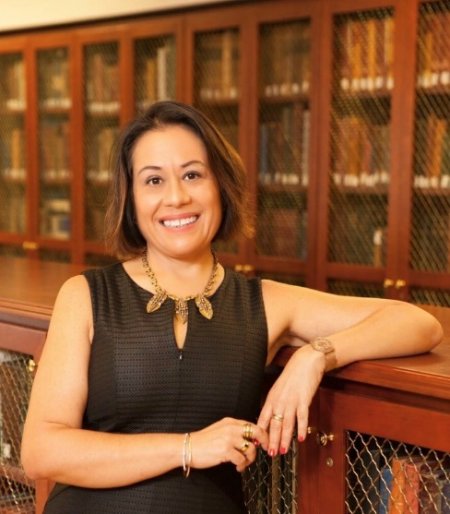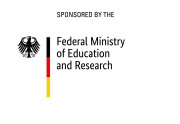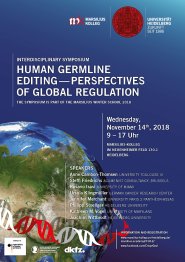Rosario Isasi
Comparative Law, Bioethics, Miller School of Medicine, University of Miami

Professor Rosario Isasi, J.D., M.P.H., is a Research Assistant Professor at the Dr. John T. Macdonald Foundation Department of Human Genetics at the University of Miami Miller School of Medicine. She holds multiple appointments, including at the Institute for Bioethics and Health Policy, the John P. Hussman Institute for Human Genomics and the Interdisciplinary Stem Cell Institute. Since 2017, she has been appointed as the President's International Fellow of the Chinese Academy of Sciences. In addition, she serves as the Ethics/Policy Advisor of the European Commission’s European Human Pluripotent Stem Cell Registry (hPSCREG), is a member of the American Society for Human Genetics (ASHG) Task Force on “Gene Editing” and the Ethics & Policy Committee of the International Society for Stem Cell Research (ISSCR).
Abstract
Intervening in the early stages of human development is conceivably one of the most illustrative examples of disruptive innovations in the field of genomics. It presents a unique opportunity for re-appraising enduring social, ethical and policy concerns which are reminiscent of the historical debates surrounding genetic engineering and embryonic stem cell research. The latter is particularly conspicuous when dealing with gene editing technologies traversing the human germline.
Undoubtedly, human gene editing has spurred a new era of policy development by a wide range of national and international actors (e.g. governments, professional organizations, funding agencies, etc.). This presentation will examine some of the socio-ethical and policy issues raised by human gene editing technologies, with particular focus on germline interventions. From a comparative perspective, it will address a variety of national, regional and international policy frameworks governing human gene editing. It further analyses commonalities as well as divergences in approaches traversing a continuum from legally binding to self-regulatory, and from permissive to restrictive normative models. Finally, the concept of policy convergence and harmonization in the context of the governance of human genome editing technologies will be explored.






